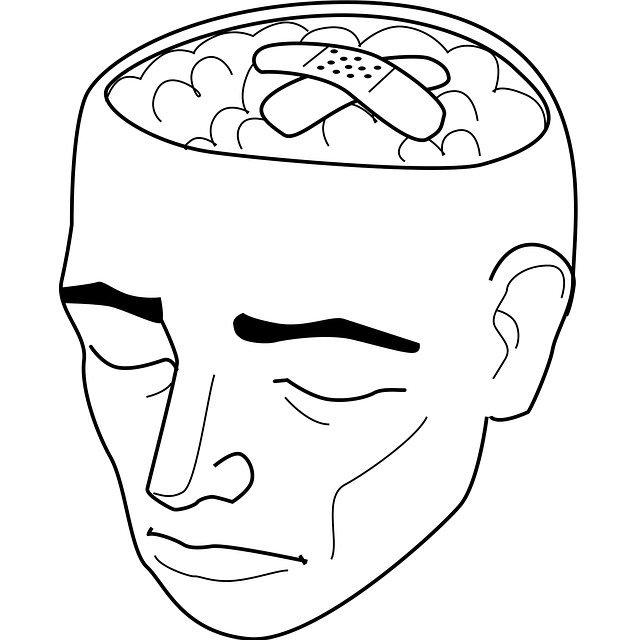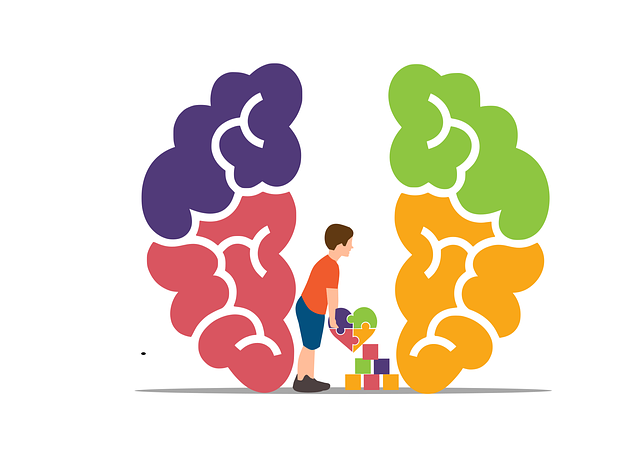Westminster Autism Spectrum Disorder (ASD) therapy offers personalized approaches to help individuals manage stress, leveraging techniques like mindfulness, relaxation, emotional healing, and conflict resolution. Therapists address unique challenges such as sensory sensitivities and communication barriers, promoting emotional regulation through structured routines, physical activity, and calming spaces. Mindfulness and relaxation techniques enhance social and emotional well-being, improving interactions and quality of life for individuals with ASD, backed by community outreach programs that boost confidence and self-esteem.
Stress reduction is a vital aspect of holistic care, especially for individuals on the autism spectrum. This article explores effective strategies to navigate and manage stress in those with ASD, offering insights tailored to their unique needs. We delve into Westminster therapy approaches, practical daily techniques, and mindfulness practices to enhance social and emotional well-being. Understanding stress in ASD is key to fostering resilience and improving quality of life, making these methods valuable tools for both home and educational settings.
- Understanding Stress in Individuals with Autism Spectrum Disorder (ASD)
- Westminster Therapy Approaches for Effective Stress Reduction
- Practical Strategies for Daily Stress Management at Home and School
- Supporting Social and Emotional Well-being Through Mindfulness and Relaxation Techniques
Understanding Stress in Individuals with Autism Spectrum Disorder (ASD)

Stress is a universal experience, but its impact can vary significantly among individuals. For those on the Autism Spectrum, understanding and managing stress often presents unique challenges. Autistic individuals may have difficulty interpreting social cues and expressing emotions, which can lead to heightened stress responses to situations that others might find routine. Sensory sensitivities are another factor; overstimulation from sensory inputs can trigger intense emotional reactions.
Westminster Autism Spectrum Disorder (ASD) therapy emphasizes personalized approaches to help individuals develop coping mechanisms tailored to their needs. This may involve teaching emotional healing processes, such as mindfulness and relaxation techniques, to regulate stress responses. Additionally, conflict resolution techniques focused on communication and understanding can empower autistic folks to navigate stressful social interactions with greater confidence. Enhancing emotional intelligence is another key aspect, helping them recognize and manage their emotions more effectively.
Westminster Therapy Approaches for Effective Stress Reduction

Westminster offers a range of therapy approaches designed to help individuals effectively manage and reduce stress. For those on the Autism Spectrum, specific techniques can significantly enhance their ability to cope with daily stressors. Therapists in Westminster specialize in tailored interventions that address unique challenges, such as sensory processing difficulties and communication barriers, often associated with autism.
One approach gaining prominence is the development of inner strength and coping skills. By teaching individuals strategies for emotional regulation, they gain a sense of control over their reactions to stressful situations. This involves learning mindfulness techniques, cognitive restructuring, and stress management tools that promote a calmer and more balanced mindset. Such therapeutic practices not only benefit individuals with autism but also contribute to overall well-being, empowering them to navigate life’s challenges with resilience and self-assurance.
Practical Strategies for Daily Stress Management at Home and School

Managing stress effectively is a vital skill for individuals with Autism Spectrum Disorder (ASD) to navigate their daily lives, both at home and in educational settings like Westminster Autism Spectrum Disorder Therapy centers. Implementing practical strategies can significantly enhance emotional regulation and resilience building, fostering a sense of calm amidst challenges.
At home, establishing structured routines can be transformative. Consistent schedules for meals, sleep, and leisure activities provide predictability, reducing anxiety triggers. Engaging in regular physical activity, such as gentle yoga or outdoor walks, releases endorphins, promoting emotional intelligence and stress reduction. Additionally, creating a dedicated space for calming activities like reading, coloring, or listening to soothing music can offer much-needed breaks from demanding tasks. In schools, teachers can incorporate these practices by organizing quiet corners with fidget toys and peaceful music, allowing students to regain control and improve their ability to manage emotions.
Supporting Social and Emotional Well-being Through Mindfulness and Relaxation Techniques

Mindfulness and relaxation techniques have emerged as powerful tools for supporting social and emotional well-being, particularly beneficial for individuals with conditions like Westminster Autism Spectrum Disorder (ASD). These practices encourage a deeper connection with the present moment, fostering self-awareness and a sense of calm. By integrating mindfulness into daily routines, people on the autism spectrum can enhance their ability to manage stress and anxiety, which often impacts their social interactions and overall quality of life.
Through structured relaxation exercises and mindfulness meditation, individuals gain valuable skills for self-regulation. This can lead to improved confidence boosting outcomes, as they learn to navigate social situations with greater ease. Additionally, community outreach program implementations that incorporate these techniques can foster a sense of belonging and support, further promoting self-esteem improvement. Such practices create a safe space for expression and help individuals feel more connected, ultimately contributing to their overall emotional resilience.
In addressing stress reduction methods for individuals with Autism Spectrum Disorder (ASD), this article has explored tailored approaches that cater to the unique needs of those on the spectrum. From understanding the specific stressors and their impact, to implementing evidence-based therapies like Westminster autism spectrum disorder therapy, a comprehensive strategy emerges. Practical strategies for daily management at home and school, coupled with mindfulness and relaxation techniques, offer a multi-faceted approach to enhancing social and emotional well-being. By integrating these methods, caregivers and educators can create supportive environments that foster resilience and promote a sense of calm for individuals with ASD, ultimately improving their overall quality of life.














